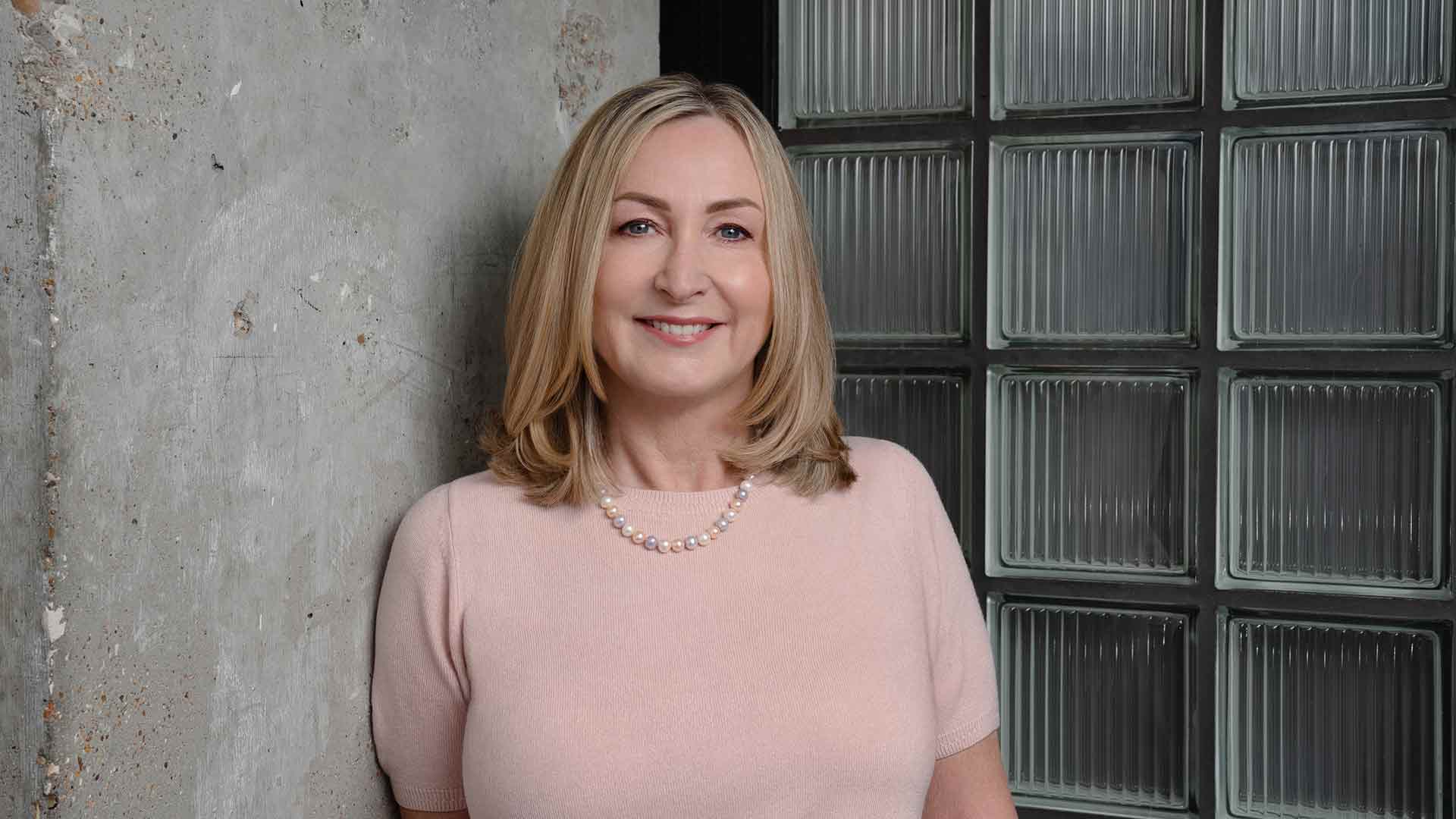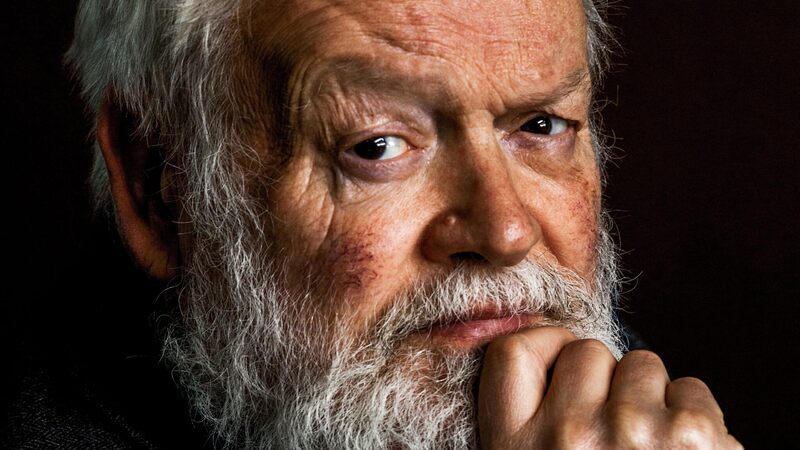You are viewing your 1 free article this month. Login to read more articles.
Academic authors 'shocked' after Taylor & Francis sells access to their research to Microsoft AI
Authors have expressed their shock after the news that academic publisher Taylor & Francis, which owns Routledge, had sold access to its authors’ research as part of an Artificial Intelligence (AI) partnership with Microsoft—a deal worth almost £8m ($10m) in its first year.
The agreement with Microsoft was included in a trading update by the publisher’s parent company in May this year. However, academics published by the group claim they have not been told about the AI deal, were not given the opportunity to opt out and are receiving no extra payment for the use of their research by the tech company.
The Society of Authors said it is "concerned to see publishers signing deals with tech companies without consulting authors and creators first".
Dr Ruth Alison Clemens, a lecturer in modern English literature whose work has been published by Taylor & Francis and Routledge, claimed authors hadn’t been contacted about the AI deal.
Clemens told The Bookseller : "I only found out about this via word of mouth in the past few days. I was shocked that they had not publicised this more widely to their authors, as the use of AI and LLMs is a prominent concern for academic researchers today."
A spokesman from the Taylor & Francis group, which is owned by Informa—a FTSE 100 international B2B Events, B2B Digital Services and Academic Markets group—confirmed to The Bookseller that "it is providing Microsoft non-exclusive access to advanced learning content and data to help improve relevance and performance of AI systems".
The agreement, details of which were published by Informa during a trading update in May, states that Informa will be paid $10m+ for "an initial data access" of the works it has the rights to, with a recurring payment of an undisclosed sum to be made over the subsequent three years.
When contacted by The Bookseller, Taylor & Francis said it is "protecting the integrity of our authors’ work and limits on verbatim text reproduction, as well as authors’ rights to receive royalty payments in accordance with their author contracts".
Informa is expecting revenues to reach just shy of £3.5bn in the current financial year, up from £3.2bn in 2023.
Taylor & Francis, with its portfolio of specialist publishing brands (Routledge, CRC Press, F1000), revealed in March that its revenues went up 4.3% for 2023 to £619m, with adjusted operating profit up 4.4% to £217.9m.
One of the biggest concerns raised by Clemens is over whether it is possible for Taylor & Francis’ authors to opt out of the AI partnership with Microsoft. Clemens told The Bookseller: "There is no clarity from Taylor & Francis about whether an opt-out policy is in place or on the cards. But as they did not inform their authors about the deal in the first place, any opt-out policy is now not functional."
The Bookseller asked Taylor & Francis if it was possible to opt out and requested clarification over whether authors had been told about the AI deal. The publisher’s spokesman said he couldn’t comment further. The Bookseller has also contacted Microsoft for comment.
Clemens told The Bookseller the response from the academic community following her post on X shows the issue has "struck a nerve, and authors around the world are rightfully concerned".
"We are at a crossroads in the production and dissemination of research knowledge, and in my view the biggest problem with this deal is the reduction of academic research into raw content from which data can be extracted and repackaged as knowledge," Clemens said.
Mia Gray, professor of economic geography at the University of Cambridge, wrote on X: "This is disturbing and an increasingly important issue for academics."
James McConnachie, author and journalist posted on X: "Authors: check your contracts! Ask your publisher about their AI policy."
Ambre Morvan, senior policy manager and contracts advisor at the Society of Authors, told The Bookseller: “The Society of Authors is concerned to see publishers signing deals with tech companies without consulting authors and creators first."
She added: "There are copyright, moral rights and data protection questions that need to be carefully considered, as well as questions about transparency and fairness of payment from (authorised) uses by tech companies. The impact of such uses on traditional sales of the author’s work and the author’s professional future more widely must also be considered. Creators are the backbone of our world-leading creative industries, and we cannot emphasise enough the vital need to protect them."
The Society of Authors (SoA) urged authors who "find their work has been used without their consent" to contact them for guidance and encouraged authors to complete a survey currently being conducted by the Authors’ Licensing and Collecting Society (ALCS) around collective licensing options for authors.
ALCS’s c.e.o Barbara Hayes, told The Bookseller: "We know that developments in generative AI technologies are happening at speed with deals between publishers and technology companies the subject of regular media reports. We believe it’s imperative that the interests and rights of authors are fully represented within these discussions and negotiations which is unfortunately often the step missing at present."
Earlier this week the Copyright Clearance Centre announced the availability of AI re-use rights within its Annual Copyright License (ACL) — which it claims is "the first-ever collective licensing solution for the internal use of copyrighted materials in AI systems." The license will provides holders with rights and remuneration for new uses of their content.




















